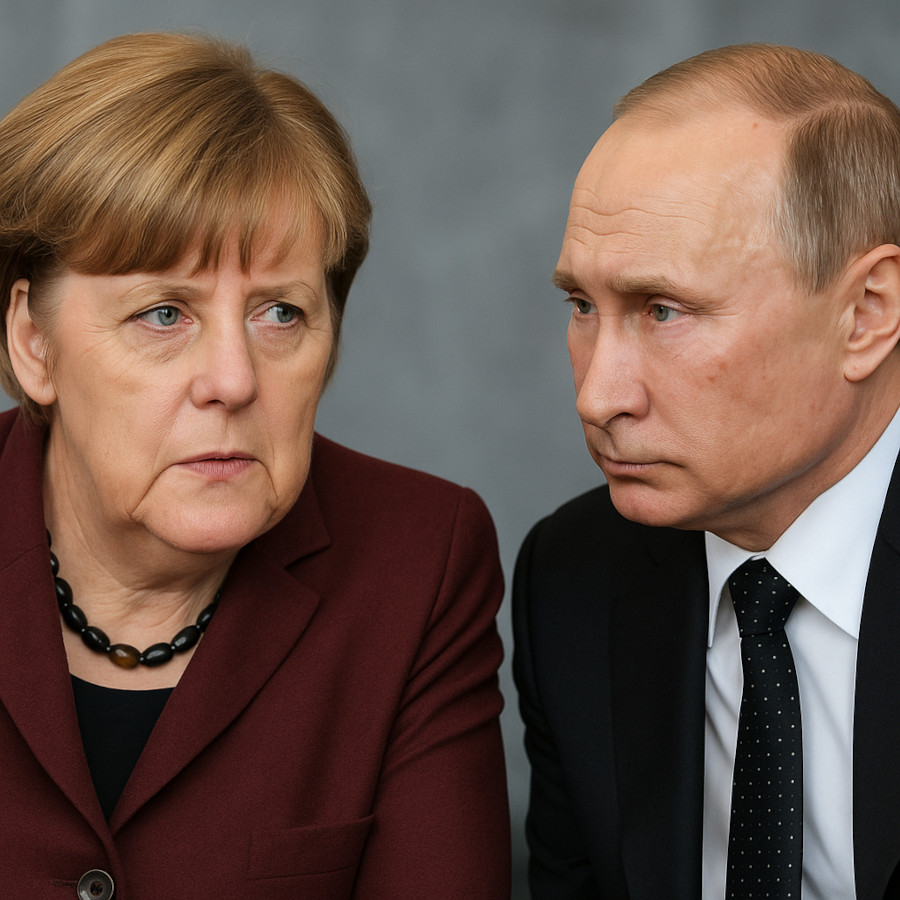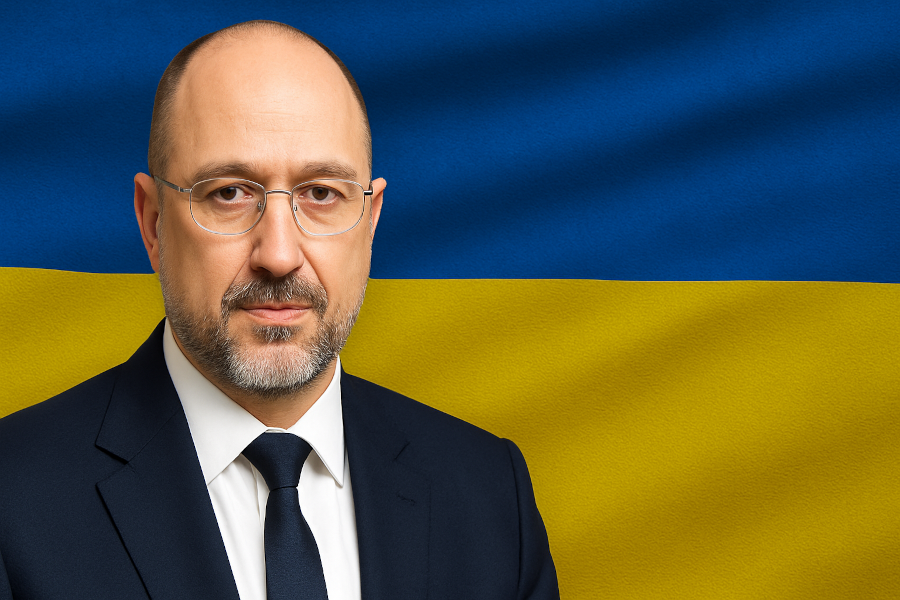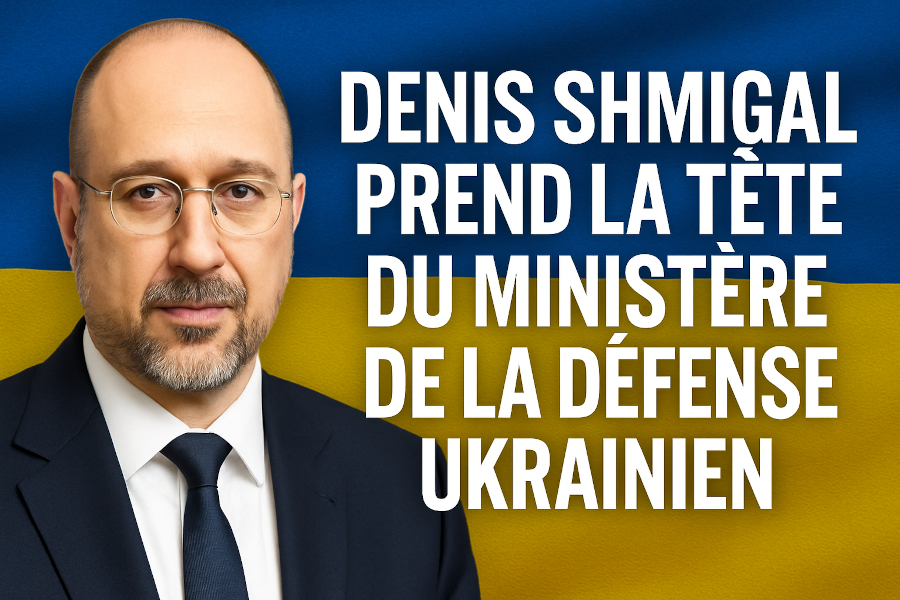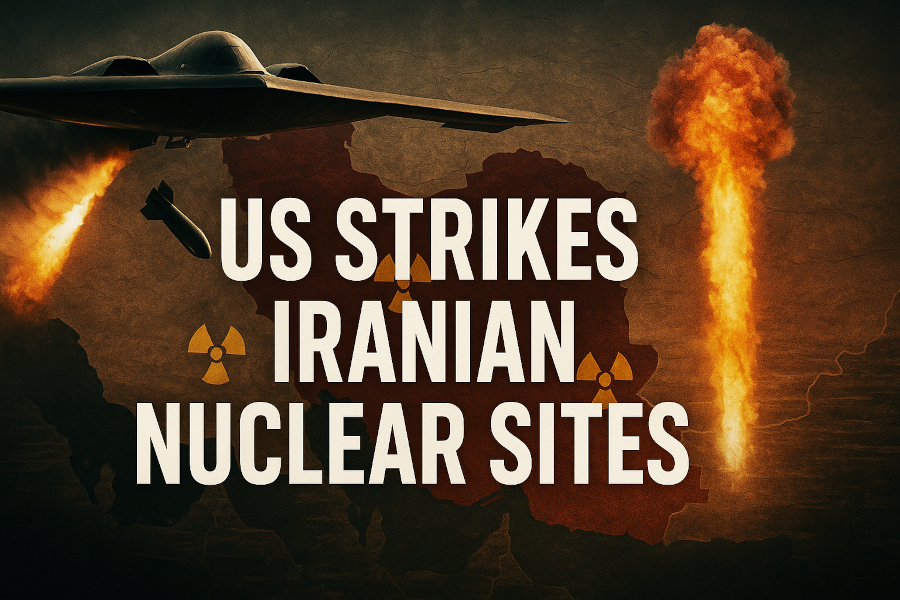Former German Chancellor Angela Merkel has stirred a diplomatic storm after publicly asserting that Poland and the Baltic states obstructed efforts to negotiate a new EU-Russia format on Ukraine in mid-2021. Her remarks have drawn sharp rebukes from regional leaders, who accuse Merkel of rewriting history to deflect responsibility.
Merkel’s Narrative: A New EU Format Blocked
In a recent interview with the Hungarian YouTube channel Partizán, Merkel recounted how she sensed that by June 2021, Russian President Vladimir Putin had lost faith in the Minsk agreements. She said she then sought to open a fresh channel: a negotiation format in which the European Union as a whole would engage with Moscow directly. According to Merkel, several member states, particularly Poland and the Baltic nations, resisted the idea, fearing it would undermine a unified EU stance toward Russia.
Merkel’s contention: had such a pan-EU dialogue been adopted, it might have offered a diplomatic alternative before the full-scale escalation in 2022.
The Backlash: Regional Leaders Push Back
Her narrative was met with swift condemnation from leaders in the Baltics and Poland, who sharply reject her framing.
- Mateusz Morawiecki, former Polish prime minister, denounced Merkel’s characterization as “shameful,” accusing her of deflecting blame onto smaller states despite her own record of energy dependence on Russia and a weak military stance. He called the claim “pure grotesque.”
- In Latvia, ex-prime minister Krišjānis Kariņš expressed surprise that Merkel would make such statements now, recalling a common hope during her tenure that “if we behave properly, Putin will also behave properly.”
- In Estonia, Foreign Minister Margus Tsahkna pushed back on the notion of external sabotage. He insisted that Russia’s war is rooted in its refusal to accept Soviet collapse and the legacy of imperial ambitions, not Western diplomatic missteps.
- Among Estonian parliamentarians, Marko Mihkelson called Merkel’s remarks a “low point,” warning they cast a shadow on her entire chancellorship.
Context: Minsk, Diplomacy, and Blame
Merkel’s reference to the Minsk accords alludes to the 2014–15 agreements meant to stabilize eastern Ukraine by granting special status to the Donetsk and Luhansk regions. Moscow later accused Kyiv of not fulfilling those obligations, an assertion widely contested. The failure to fully implement Minsk became a central talking point for Russia as justification for later intervention.
Merkel’s suggestion that internal EU dissent blocked a unified negotiation with Russia implicitly positions that divergence as a turning point. But many observers argue the situation was far more complex, involving diplomatic, strategic, and geopolitical constraints well beyond the will of a few smaller states.
Her latest statements reopen the debate over how much agency individual member states had, and whether past German leadership bore greater responsibility in shaping Europe’s diplomatic posture toward Russia.
What This Reveals
Merkel’s comments have exposed lingering tensions within the EU over accountability, strategy, and narrative control. The backlash from Poland and the Baltic states signals that many in Eastern Europe remain wary of any framing that appears to diminish their role as assertive defenders of regional security.
The episode further underscores how contested memory, diplomacy, and leadership are in the ongoing narrative of Europe’s response to Russia’s aggression, especially as the war in Ukraine continues to cast long shadows over EU foreign policy.






